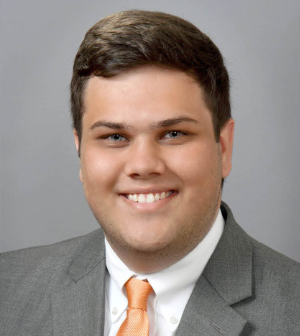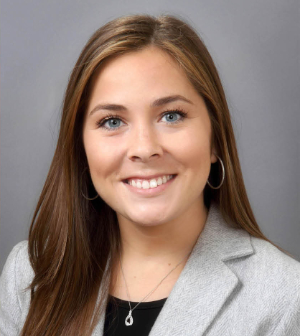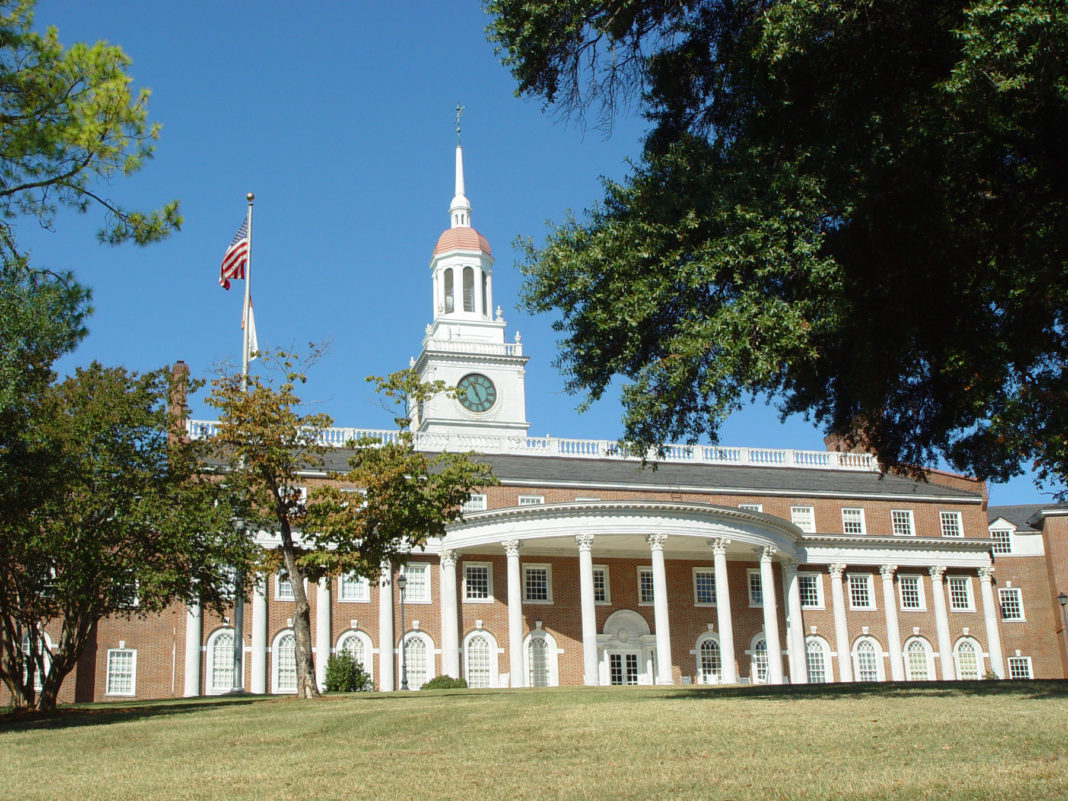Mercer University School of Law students achieved more success in competition during the last academic year than ever before.
For the first time, Mercer Law took home two national championships in the American Bar Association’s practical skills competitions. The wins in client counseling and negotiations also marked the first time the law school has won either of the national contests.
That’s in addition to more than a dozen other successes in moot court, mock trial and other American Bar Association competitions.
Together these wins tied Mercer Law for second place in the national 2021-22 ABA Competitions Championships.
“Our advocacy competition success reinforces the high-quality education and experiences that ultimately prepare our students for practice,” said Karen Sneddon, interim dean of the School of Law. “These successes show that Mercer Law students receive valuable learning experiences that will inform the professional journey of Mercer lawyers.
“The advocacy program ensures that terrific Mercer Law students become impactful Mercer lawyers.”

Mercer’s advocacy program provides practical and experiential training that allows law students to hone various skills, including those needed for moot court, mock trial, client counseling, negotiation and arbitration.
“It allows students to apply the skills and education they’ve learned in the classroom in as close as we can get to a real-world setting,” Director of Advocacy Katie Powers said. “It allows them to have that practical experience before they go out and represent a client.”
Many of the advocacy program’s recent innovations and successes stem from the creation of the director of advocacy position in 2021, Sneddon said. Powers, an experienced lawyer and former judge who achieved success in advocacy competitions as a Mercer Law student, was selected for the new position.

“She has brought those experiences, wisdom and drive to provide direct supervision and oversight of the advocacy program,” Sneddon said.
Powers implemented a strategic plan aimed at improving the advocacy program, which included connecting classroom education with advocacy. This meant, for example, making sure students were taking a course in trial practice around the same time they joined the mock trial team, she said.
“Every course in law school is about preparing law students to become advocates. But we do have advocacy-focused pathways that include pre-requisites and co-requisites for selection on an advocacy team,” Sneddon said. “These courses allow students to refine critical skills.”

Powers also built a culture where students aren’t satisfied with just advancing in competition but rather using their skills to the best of their ability.
“There are a lot of things that can be taught, but experience is the greatest teacher, and so I have made sure to strategically select competitions to maximize our experience,” she said.
The advocacy program changes have given more students the opportunity to participate. In addition, students can compete in multiple competitions. During the 2021-22 academic year, 75 students participated in 30 advocacy competitions.
Each competition requires intense practice over the course of several weeks. Depending on the contest, practice could be 50 to 100 hours or more, said Tim Floyd, the Tommy Malone Distinguished Chair in Trial Advocacy and director of experiential education at Mercer Law.
“The principal benefit of this is that students are learning,” Floyd said. “They learn the importance of collaboration, and they just come out better prepared to be lawyers, win or lose.”

During practice, students work with Mercer Law alumni who serve as coaches and bring real-world experience and mentorship opportunities. Alumna Zandra Hall drew on her experiences as a student and practitioner when preparing Mercer’s client counseling team for its national championship win.
“I learned the most practical knowledge that I could apply later on in my career from my participation on the Mercer Advocacy Council,” said Malory-Anne Oliver, who was on the client counseling team that won the national championship.
Oliver, who graduated in 2022, said being on the team taught her the skills needed to make a client feel comfortable while also tackling tough conversations. She learned how to react quickly and effectively in various situations.

“Client counseling was very realistic because you’re not going to have every detail going into a client meeting. So, learning how to have those conversations, how to transition a client from one topic to another in a concise period of time, I think that’s going to be very beneficial for me going into my future career,” she said.
Class of 2022 Mercer Law alumnus Chad Capers, past president of the Mercer Advocacy Council, said the advocacy program changed his career trajectory.
“It has changed how I look at the legal field, my network and how I am preparing to practice,” he said. “Since I’m going into litigation, the first day after I graduate or after I take the bar, I’m going to be in a courtroom. Because of Mercer Advocacy Council, I feel a lot more prepared now than I would have if I didn’t participate.”
2021-22 Mercer Law advocacy team successes
Moot Court
- National Moot Court Octofinalist, Region Champion, Best Oralist, Best Brief
- BLSA Moot Court National Fifth Place, Region Champion, Best Brief
- Emory Moot Court Quarterfinalist, Best Brief, Top Ten Oralist
- Southeastern Moot Court Quarterfinalists
- Weschler Moot Court Quarterfinalist
Mock Trial
- National Trial Competition Region Champion
- South Texas Mock Trial Finalist
- BLSA National Semifinalist, Region Finalist, Best Advocate
- Costello Semifinalist
- Trials and Tribulations Best Advocate
- All Star Nationals Best Advocate
- Syracuse National Trial Competition Best Cross Examination
American Bar Association (ABA) Competitions
- Client Counseling International Competition Runners-Up
- Client Counseling National Champions
- Negotiations National Champions, William and Mary Champions
- Arbitration Regional Finalist
- ABA Moot Court Quarterfinalists
- Top Ten Oralist
This story appears in the fall 2022 edition of The Mercerian. Feature photo: Mercer University School of Law. Photo by Mercer University










